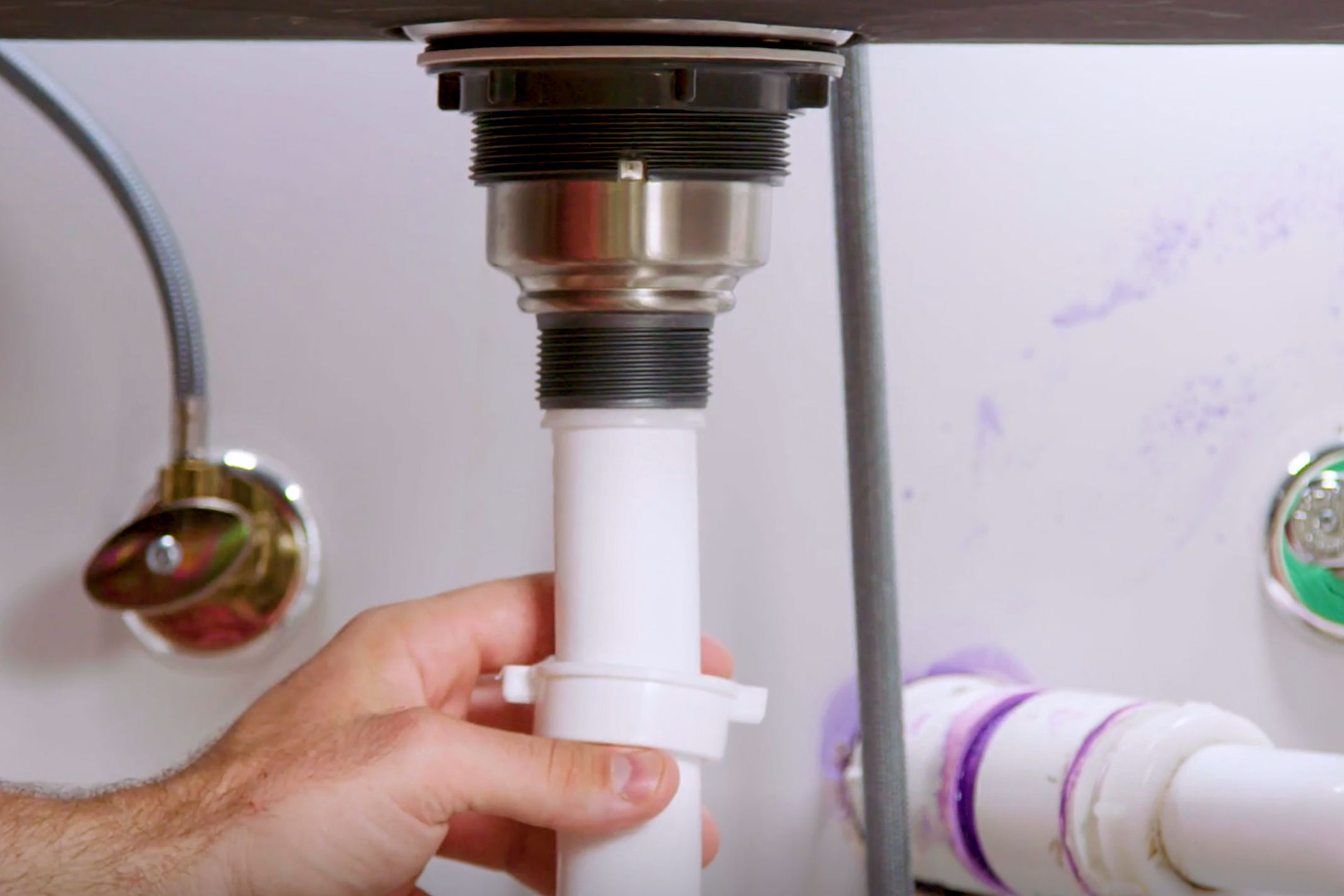

Articles
Why Does My Plumbing Gurgle
Modified: December 7, 2023
Discover articles explaining the reasons behind gurgling plumbing sounds. Get expert insights, tips, and solutions for your plumbing issues.
(Many of the links in this article redirect to a specific reviewed product. Your purchase of these products through affiliate links helps to generate commission for Storables.com, at no extra cost. Learn more)
Introduction
Have you ever been disturbed by the strange gurgling noises coming from your plumbing system? If so, you’re not alone. Many homeowners experience this phenomenon and wonder what could be causing it. In this article, we will explore the common causes of gurgling plumbing, how to identify those sounds, the potential risks and problems associated with gurgling plumbing, steps to fix the issues, and preventative measures to avoid future plumbing gurgling.
Plumbing gurgling is not only annoying but can also be an indication of an underlying problem in your plumbing system. It is important to understand the reasons behind these sounds to address any potential issues and prevent further damage.
Gurgling noises in your plumbing can occur in various fixtures, such as sinks, toilets, showers, or even the main drain line. It may sound like bubbles or water bubbling up, and it can happen when you flush a toilet, run a faucet, or when water is draining. These sounds can be intermittent or constant, and they require attention to avoid any future complications.
This article will guide you through the common causes of gurgling plumbing and provide valuable insights into best practices for identifying and addressing these issues. By understanding the underlying factors and implementing the necessary measures, you can restore the proper functioning of your plumbing system and enjoy a peaceful, gurgle-free home.
Key Takeaways:
- Gurgling plumbing can indicate serious issues like sewer backups, water damage, and health hazards. Promptly identifying and addressing the underlying causes is crucial to prevent potential risks and protect your home and well-being.
- Regular maintenance, proper disposal practices, and proactive habits can help prevent future plumbing gurgling. By staying proactive and addressing issues in a timely manner, you can enjoy a gurgle-free household and avoid potential expenses.
Read more: Why Does My Sink Gurgle
Common Causes of Gurgling Plumbing
Understanding the common causes of gurgling plumbing is essential in troubleshooting and resolving the issue. Here are some of the most common reasons why your plumbing might gurgle:
- Clogged Drain or Pipe: One of the primary reasons for gurgling sounds is a clogged drain or pipe. When debris, hair, or other materials accumulate and block the flow of water, it can lead to air bubbles and gurgling noises as water tries to push through the obstruction.
- Ventilation Issues: Proper ventilation is crucial to maintaining a healthy plumbing system. Vent pipes allow air to circulate in the system and equalize pressure. If these vent pipes become blocked or damaged, air can’t escape, resulting in gurgling sounds when water flows.
- Septic Tank Issues: If your property has a septic tank, gurgling sounds might indicate a problem with the tank. It could be due to a full tank, a blockage in the pipe leading from the tank, or an issue with the drain field. In such cases, it’s important to have a professional inspect and service your septic system.
- Improperly Installed Plumbing: Poorly installed plumbing can lead to various issues, including gurgling sounds. If the pipes are not properly aligned, have incorrect slopes, or lack proper traps and vents, it can disrupt the flow of water and result in gurgling noises.
- Water Pressure Fluctuations: Significant changes in water pressure, such as sudden increases or drops, can cause air to be trapped in the plumbing system. As the water tries to equalize the pressure, it can result in gurgling sounds. This can happen if there is a problem with your water supply or if nearby appliances are drawing water at the same time.
- Tree Roots: Tree roots are notorious for infiltrating underground plumbing lines. As roots grow and expand, they can damage and infiltrate the pipes, causing blockages and disruptions in the plumbing system’s functionality. This, in turn, can lead to gurgling sounds.
It’s important to note that these are just some of the common causes of gurgling plumbing. Depending on the specifics of your plumbing system and the nature of the issue, other factors may also contribute to the gurgling sounds. It is often best to consult with a professional plumber to accurately diagnose and address the problem.
How to Identify Gurgling Sounds in Plumbing
Identifying gurgling sounds in your plumbing system is the first step in determining the underlying cause and resolving the issue. Here are some effective ways to identify gurgling sounds:
- Listen for unusual noises: Pay attention to any unusual sounds coming from your plumbing system. Gurgling noises can occur when running water, flushing toilets, or draining sinks or showers.
- Trace the source: Try to pinpoint the source of the gurgling sound. Is it coming from a specific fixture, such as a sink or toilet, or is it more widespread? Knowing the location of the sound can help narrow down the potential causes.
- Observe water flow: Watch the water flow in your fixtures. If you notice slow draining or pooling water, it could indicate a blockage in the plumbing system, which can contribute to gurgling sounds.
- Check for air bubbles: When water is flowing, look for air bubbles in your sinks, toilets, or other fixtures. The presence of air bubbles can suggest ventilation issues or clogged drains.
- Monitor sewer odors: Unpleasant sewer odors coming from your drains can be a sign of problems in your plumbing system. If you notice gurgling sounds accompanied by foul smells, it is important to address the issue promptly.
- Consult a professional: If you are unsure about the cause of the gurgling sounds or if you have tried troubleshooting without success, it is recommended to consult a licensed plumber. They have the expertise and tools to accurately diagnose and resolve plumbing issues.
By actively listening and observing your plumbing system, you can identify gurgling sounds and take appropriate action. Early detection and timely intervention can help prevent further damage and ensure the proper functioning of your plumbing system.
Potential Risks and Problems Associated with Gurgling Plumbing
Gurgling plumbing should not be ignored as it can be indicative of underlying issues that may pose risks and lead to further problems. Here are some potential risks and problems associated with gurgling plumbing:
- Sewer Backup: Gurgling sounds can be a warning sign of a potential sewer backup. If there is a blockage in the sewer line or a malfunction in the septic tank, wastewater can start flowing back into your plumbing fixtures. This can cause damage to your home and pose health hazards due to exposure to sewage.
- Water Damage: When plumbing fixtures, such as sinks or toilets, gurgle, it can indicate issues with proper drainage. If the water cannot flow freely, it may overflow or leak, leading to water damage to your floors, walls, and other parts of your home.
- Structural Damage: Persistent gurgling sounds could indicate issues with the integrity of your plumbing system. For example, if tree roots have infiltrated the pipes or if the pipes themselves are damaged or improperly installed, it can lead to leaks and potential structural damage to your property.
- Health Hazards: Plumbing issues can create an environment conducive to the growth of mold and bacteria. If there are gurgling sounds and moisture buildup due to poor drainage, it can lead to the growth of mold, which can cause respiratory problems and other health issues.
- Increased Expenses: Ignoring gurgling plumbing can result in increased utility bills. When there are blockages or malfunctions in the system, it can cause inefficiency and waste water. This can drive up your water bill as well as the cost of repairs and replacements.
Addressing gurgling plumbing issues promptly is crucial to mitigate these risks and prevent further problems. By understanding the potential risks associated with gurgling plumbing, you can take the necessary steps to protect your home, health, and finances.
If your plumbing is gurgling, it could be a sign of a clog or ventilation issue. Try using a plunger or drain snake to clear any blockages, and ensure that your plumbing vents are not obstructed. If the issue persists, it’s best to call a professional plumber to diagnose and fix the problem.
Steps to Fix Gurgling Plumbing Issues
To resolve gurgling plumbing issues, it is important to identify the underlying cause and take appropriate action. Here are steps you can take to fix gurgling plumbing:
- Inspect the drains: Begin by inspecting the drains in your plumbing system. Remove any visible debris, hair, or other blockages that may be causing the gurgling sounds. Use a plunger or a drain snake to dislodge any stubborn clogs that may be present.
- Check the vent pipes: Make sure that the vent pipes in your plumbing system are clear and functioning properly. Remove any obstructions, such as leaves or debris, that may be blocking the vents. If the vent pipes are damaged or not functioning correctly, it is recommended to consult a professional plumber to repair or replace them.
- Clear the main drain line: If the gurgling sounds are widespread and not limited to a specific fixture, the issue may lie in the main drain line. Use a drain snake or a hydro-jetting machine to clear any blockages in the main drain line. This may require professional assistance to ensure a thorough and effective cleaning.
- Address septic tank issues: If you have a septic tank and suspect it may be causing the gurgling sounds, have it inspected and pumped by a professional septic service. They can assess the condition of the tank, check for any blockages or damage, and provide necessary maintenance or repairs.
- Consider water pressure adjustments: If significant fluctuations in water pressure are contributing to the gurgling sounds, you may need to adjust the water pressure regulator or install a pressure-reducing valve. Consult a professional plumber to ensure proper adjustments and prevent future issues.
- Address any structural or plumbing system issues: If the gurgling sounds persist despite your efforts, it may indicate more significant structural or plumbing system issues. In such cases, it is crucial to consult a licensed plumber who can assess the situation, identify the root cause, and recommend appropriate repairs or replacements.
It is important to note that these steps may vary depending on the specific issues and configuration of your plumbing system. If you are unsure or uncomfortable performing any of the tasks involved in fixing gurgling plumbing issues, it is advisable to seek professional help. A qualified plumber will have the knowledge, skills, and tools to effectively resolve the problem and ensure the proper functioning of your plumbing system.
Preventative Measures to Avoid Future Plumbing Gurgling
Prevention is key when it comes to avoiding future plumbing gurgling issues. Here are some preventive measures you can take to maintain a healthy plumbing system:
- Regular maintenance: Schedule regular maintenance for your plumbing system. This includes professional inspections, cleaning of drains and pipes, and septic tank servicing (if applicable). Regular maintenance can help prevent blockages, leaks, and other issues that can contribute to gurgling sounds.
- Proper disposal practices: Avoid flushing or draining items that can cause blockages, such as grease, food scraps, sanitary products, and excessive amounts of toilet paper. Ensure that everyone in your household is aware of proper disposal practices to prevent clogs and gurgling sounds.
- Install drain filters: Use drain filters or screens to catch hair, debris, and other particles that can clog your drains. Regularly clean these filters to maintain proper water flow and prevent blockages.
- Be mindful of water usage: Avoid excessive water usage and be mindful of how much water is being used at the same time. Avoid running multiple fixtures simultaneously to prevent water pressure fluctuations and potential gurgling sounds.
- Proper venting: Ensure that your plumbing system is properly vented. Vent pipes allow for the equalization of pressure and proper flow of air, preventing gurgling sounds. If you suspect venting issues, consult a professional plumber to assess and address any ventilation problems.
- Avoid DIY fixes: While it may be tempting to try fixing plumbing issues yourself, it is best to leave complex problems to professionals. Improper DIY fixes can worsen the issue and lead to more extensive repairs. Always consult a licensed plumber for complex plumbing problems.
By following these preventative measures, you can minimize the risk of future plumbing gurgling issues and maintain a smoothly functioning plumbing system. Remember, timely maintenance and proactive habits can save you from the inconvenience and potential expenses associated with plumbing disruptions.
Conclusion
Gurgling plumbing can be both annoying and concerning, but understanding the common causes and taking appropriate action can help resolve the issue and prevent further complications. By identifying the underlying problems and addressing them promptly, you can restore the proper functioning of your plumbing system and ensure a gurgle-free environment in your home.
In this article, we have explored the common causes of gurgling plumbing, including clogged drains, ventilation issues, septic tank problems, improper installations, water pressure fluctuations, and tree root infiltrations. We have also discussed how to identify gurgling sounds through careful observation, listening, and tracing the source of the sounds.
Furthermore, we have highlighted the potential risks and problems associated with gurgling plumbing, such as sewer backups, water damage, structural issues, health hazards, and increased expenses. Understanding these risks emphasizes the importance of addressing gurgling plumbing issues promptly to protect your home and the well-being of your household.
To fix gurgling plumbing issues, we have outlined steps to inspect the drains, check vent pipes, clear the main drain line, address septic tank issues, consider water pressure adjustments, and seek professional assistance when needed. Following these steps, as well as adopting preventative measures, such as regular maintenance, proper disposal practices, installing drain filters, mindful water usage, proper venting, and avoiding DIY fixes, can help prevent future plumbing gurgling.
Ultimately, maintaining a healthy plumbing system is crucial for a comfortable living environment. By staying proactive and addressing gurgling plumbing issues in a timely manner, you can maintain the functionality of your plumbing system, prevent potential risks and problems, and enjoy a gurgle-free household. Remember, if you’re unsure or have complex plumbing issues, it is always best to consult a professional plumber who can provide expert guidance and assistance.
Frequently Asked Questions about Why Does My Plumbing Gurgle
Was this page helpful?
At Storables.com, we guarantee accurate and reliable information. Our content, validated by Expert Board Contributors, is crafted following stringent Editorial Policies. We're committed to providing you with well-researched, expert-backed insights for all your informational needs.
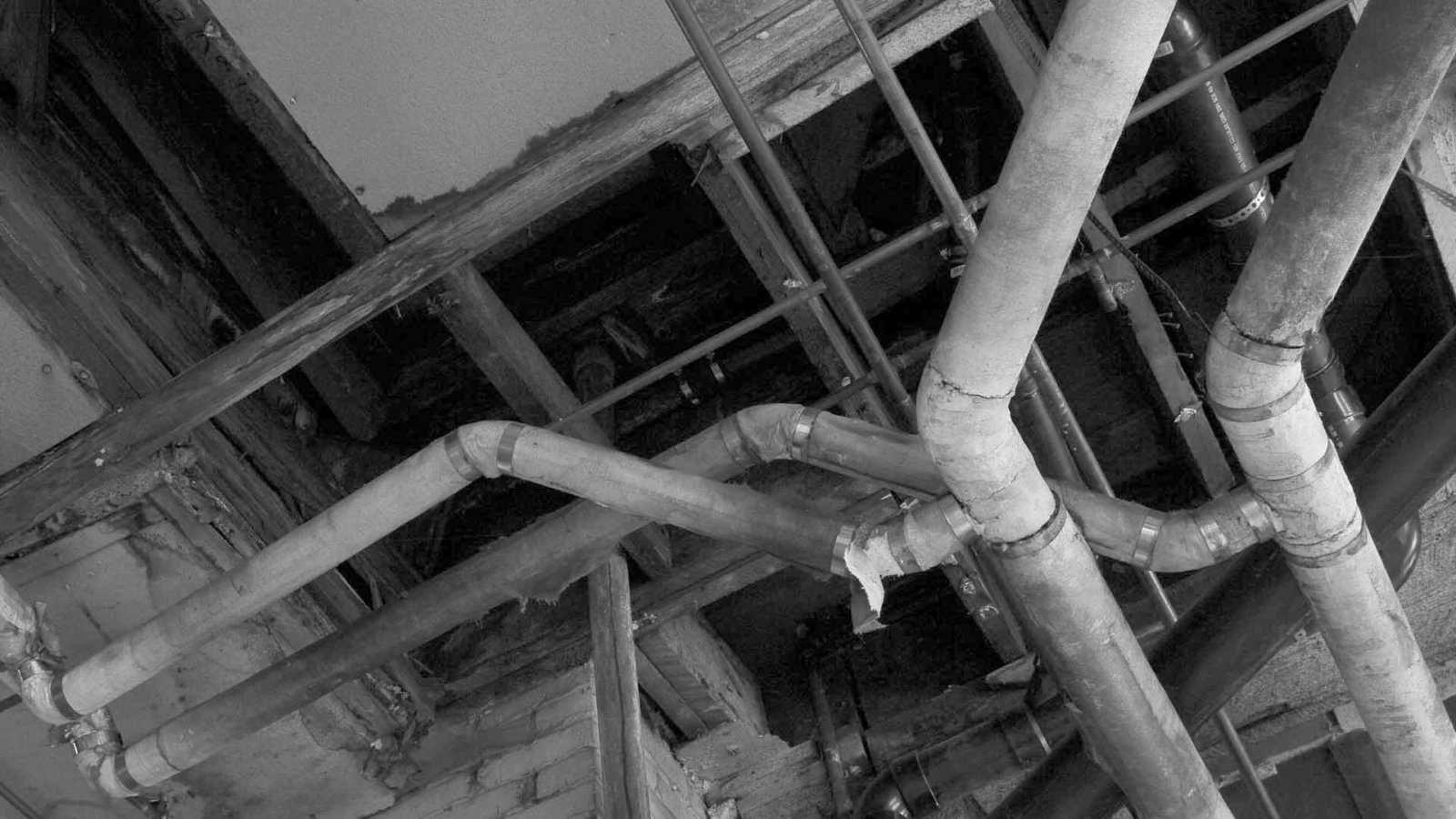
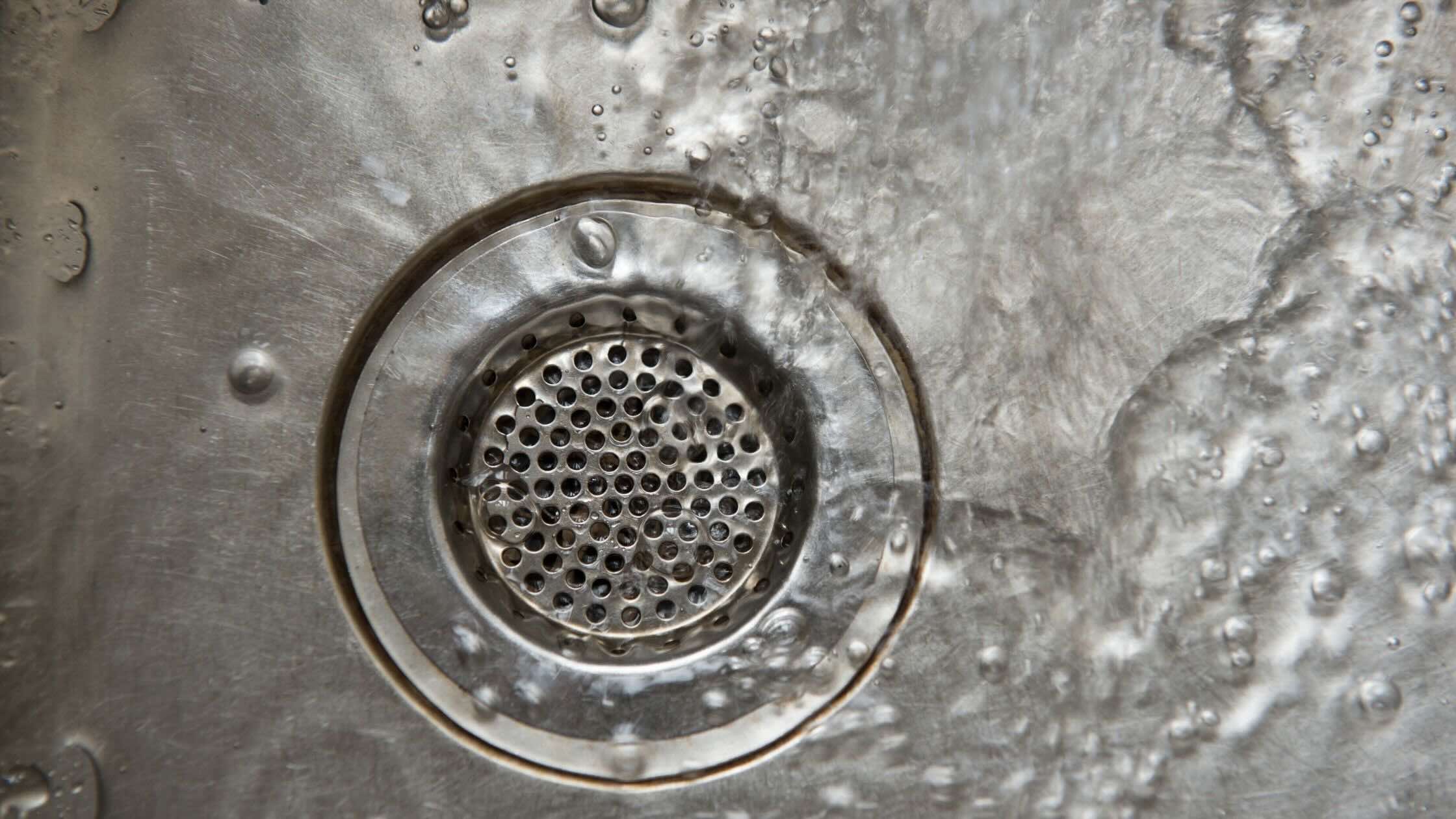
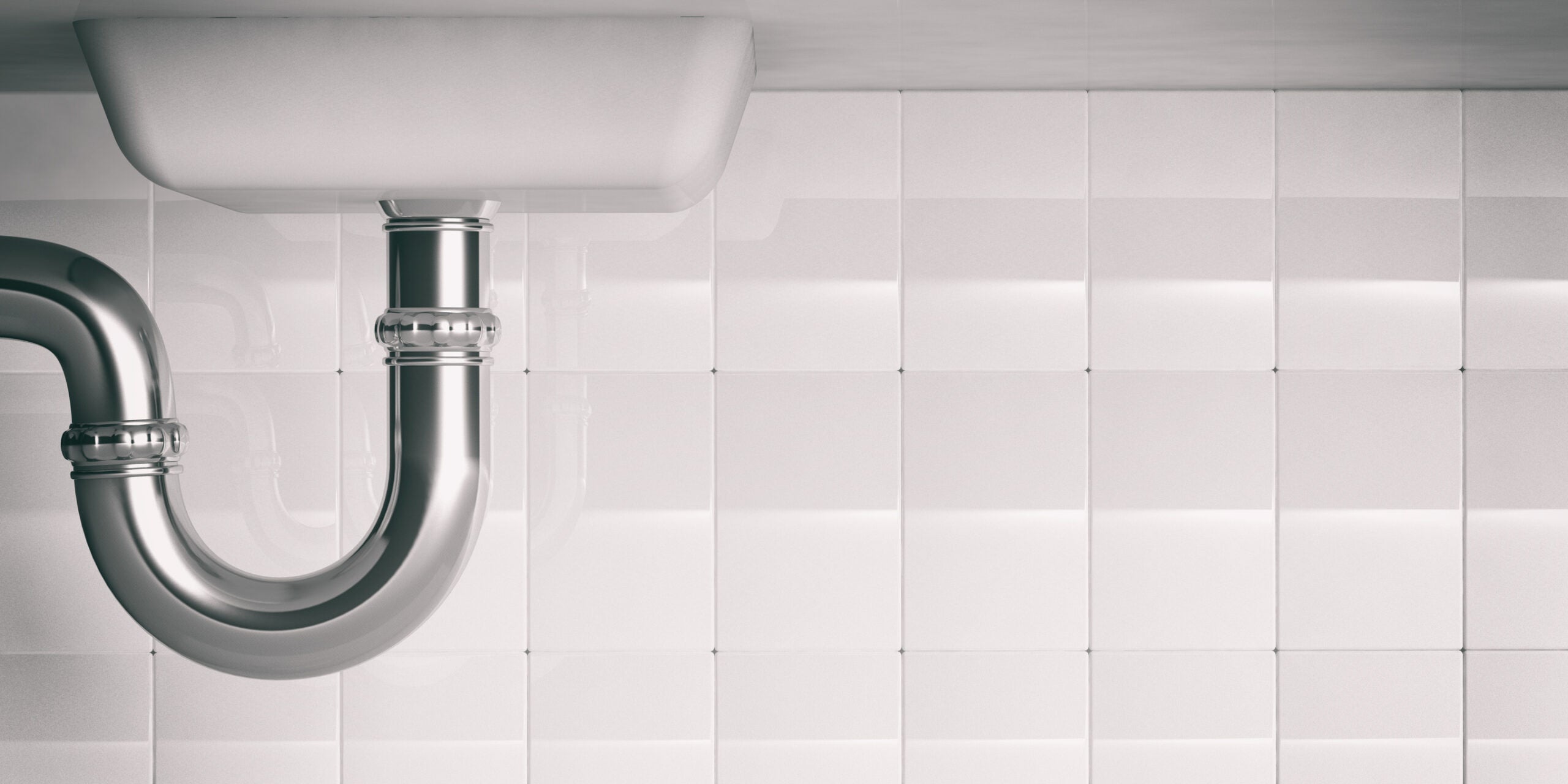
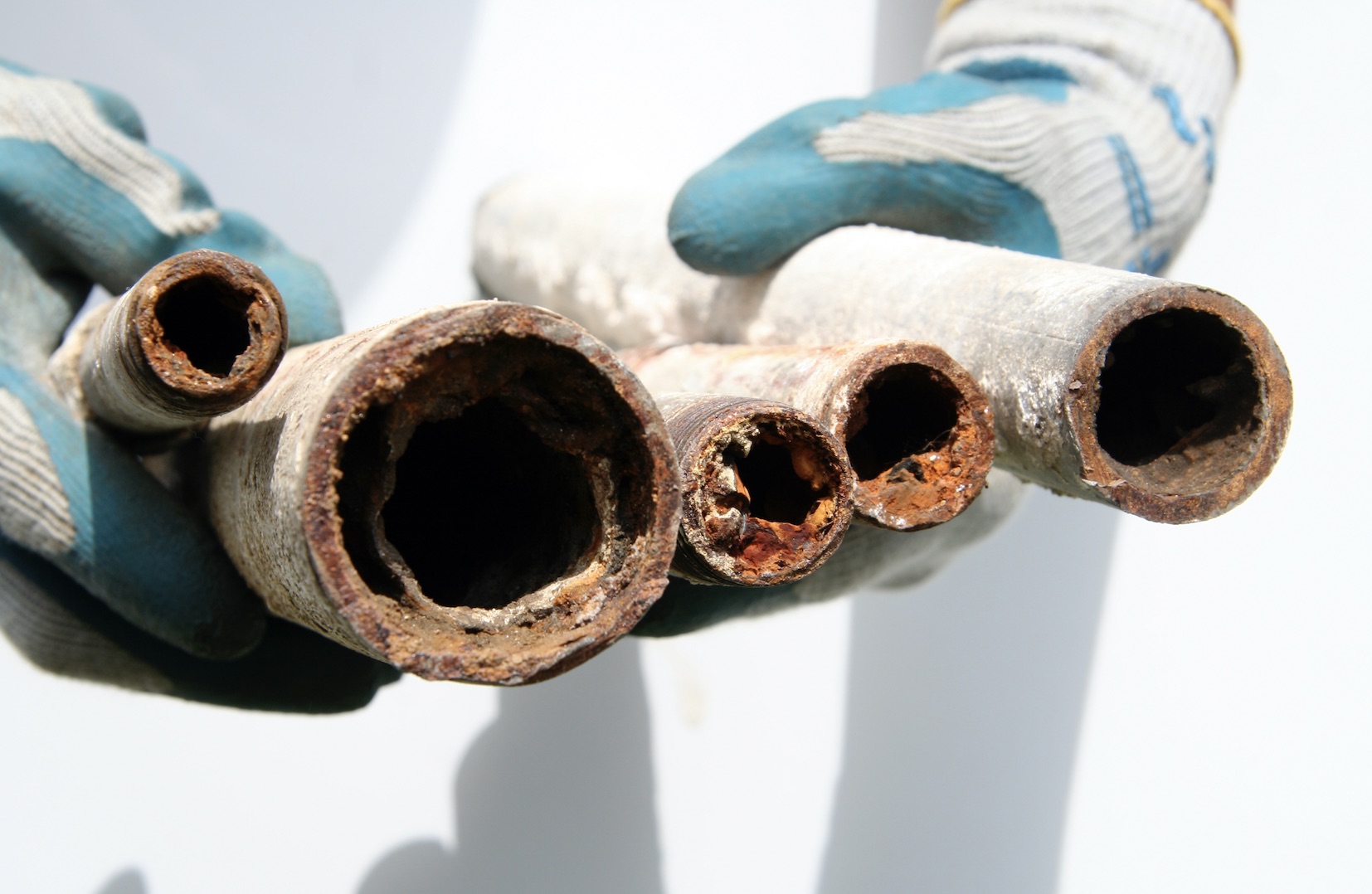
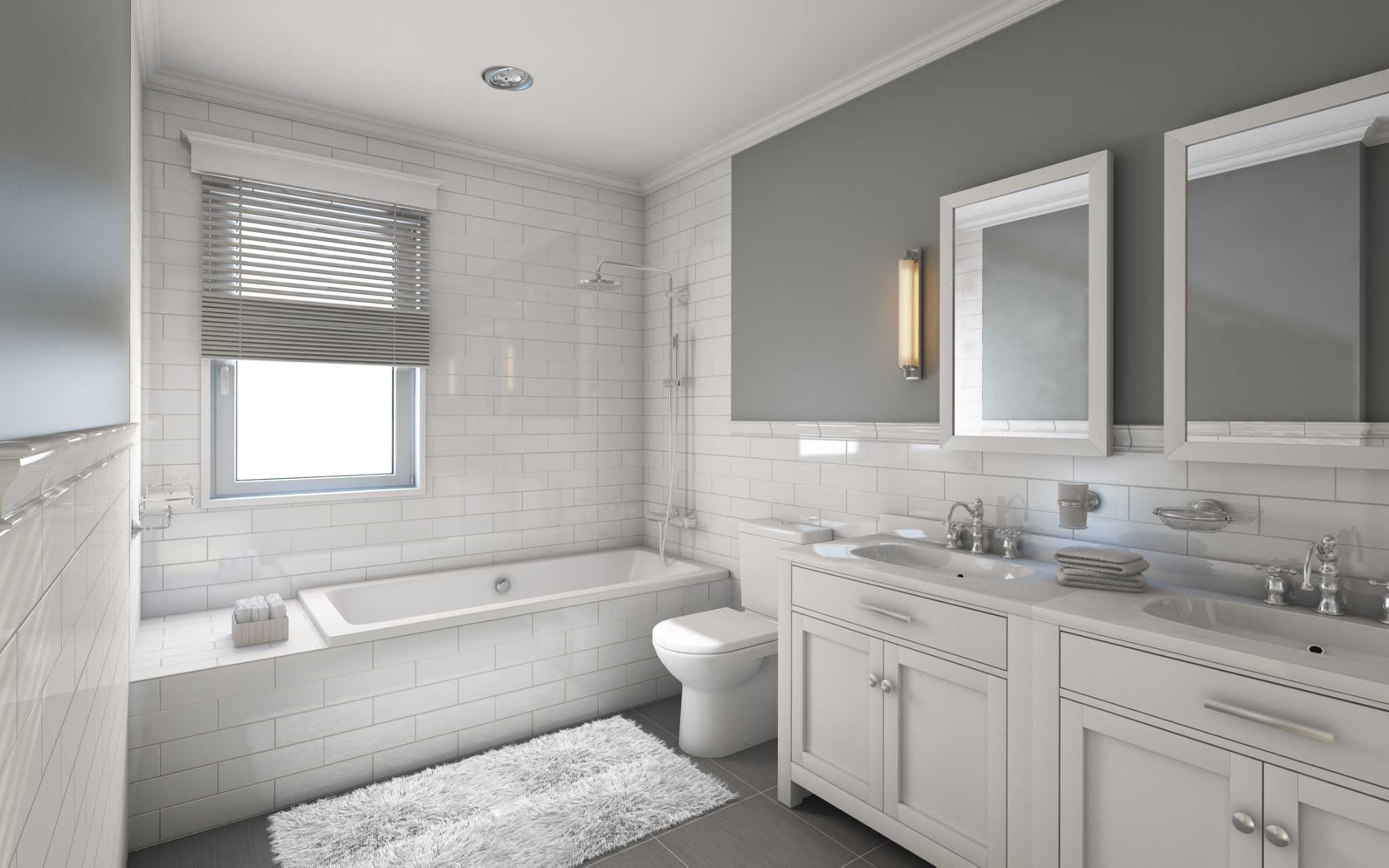
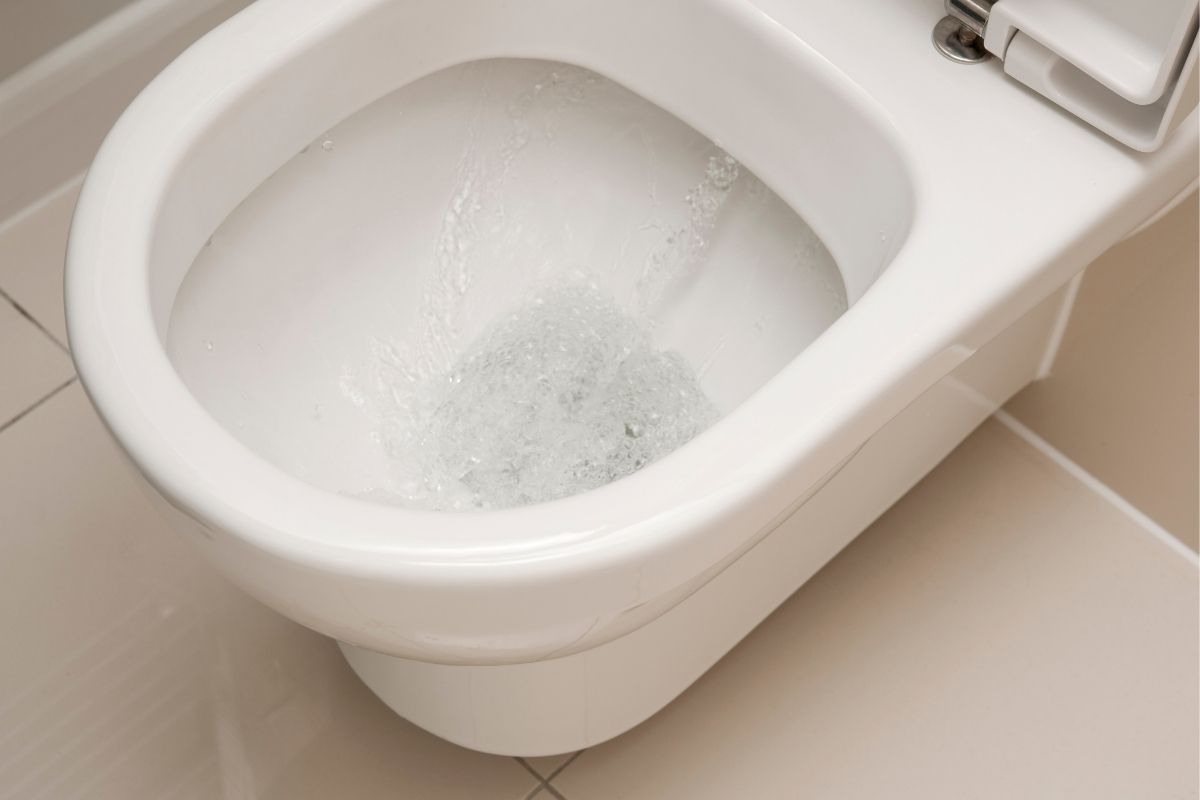
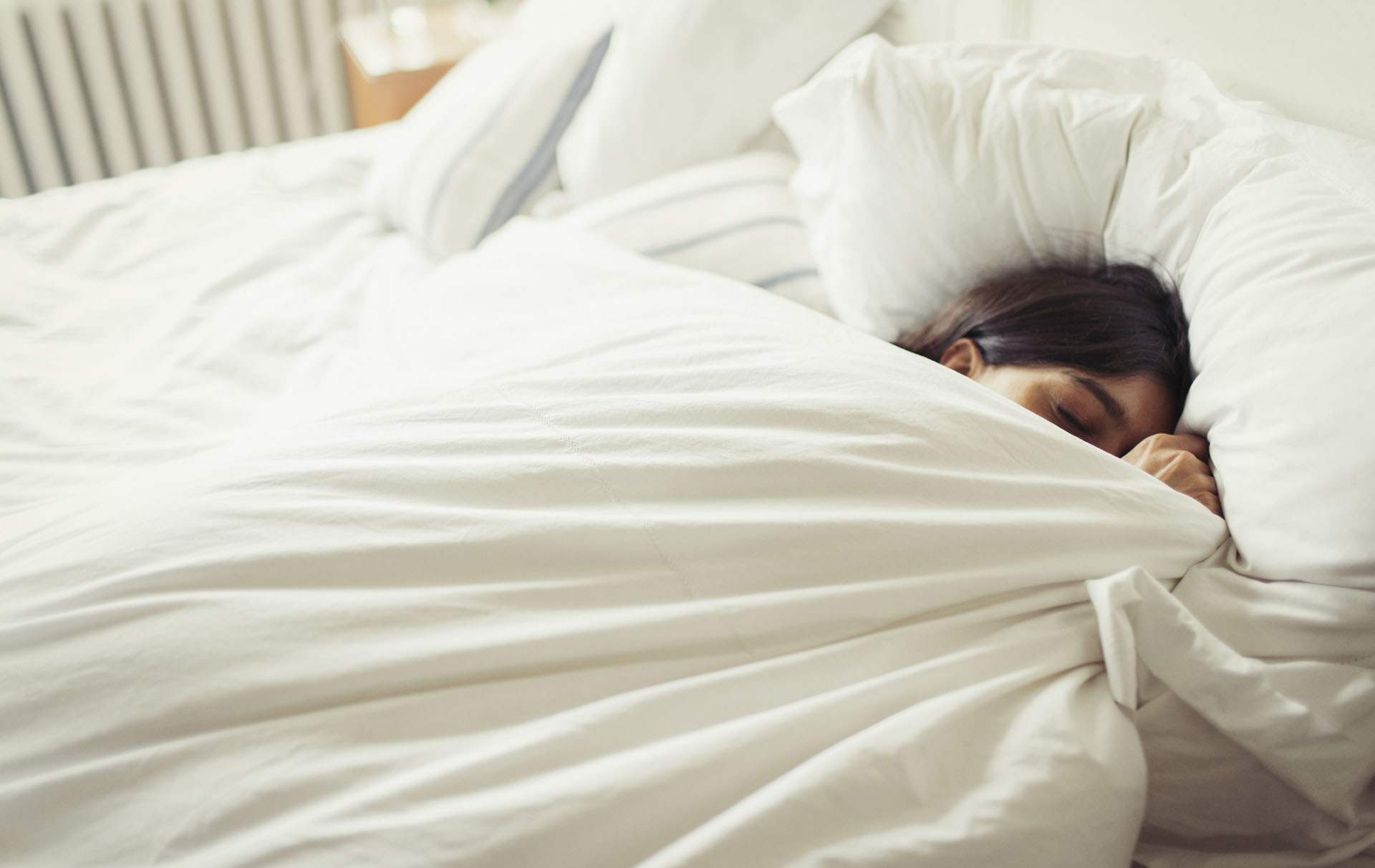
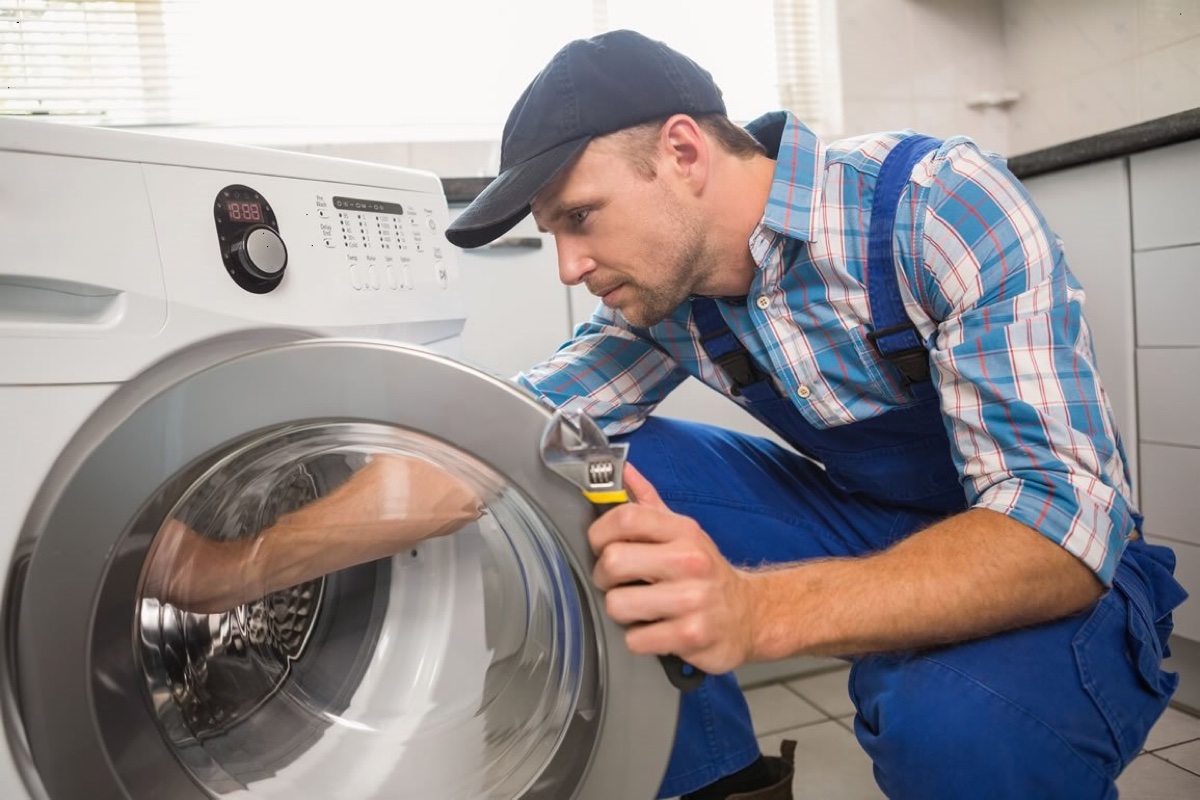
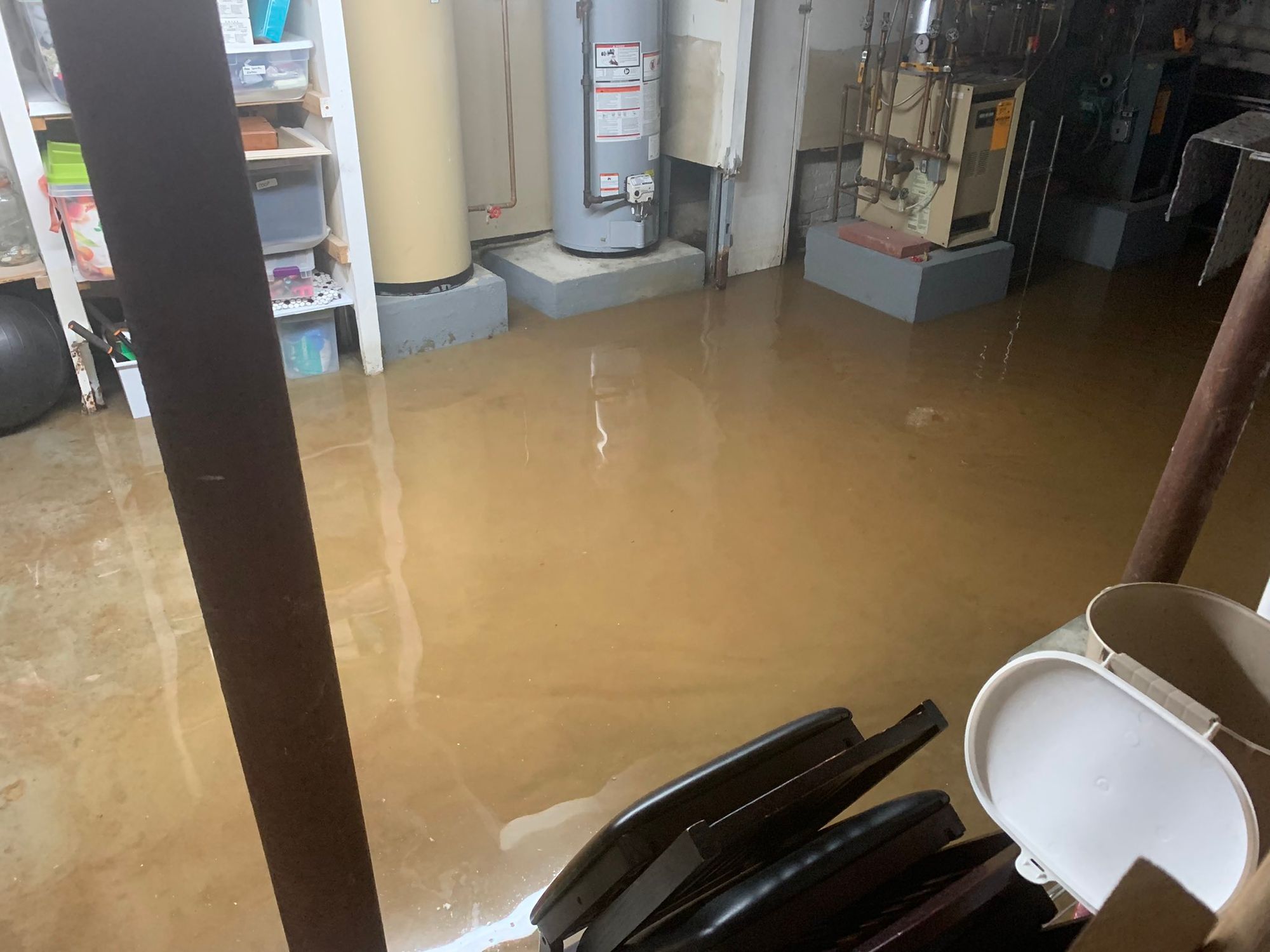
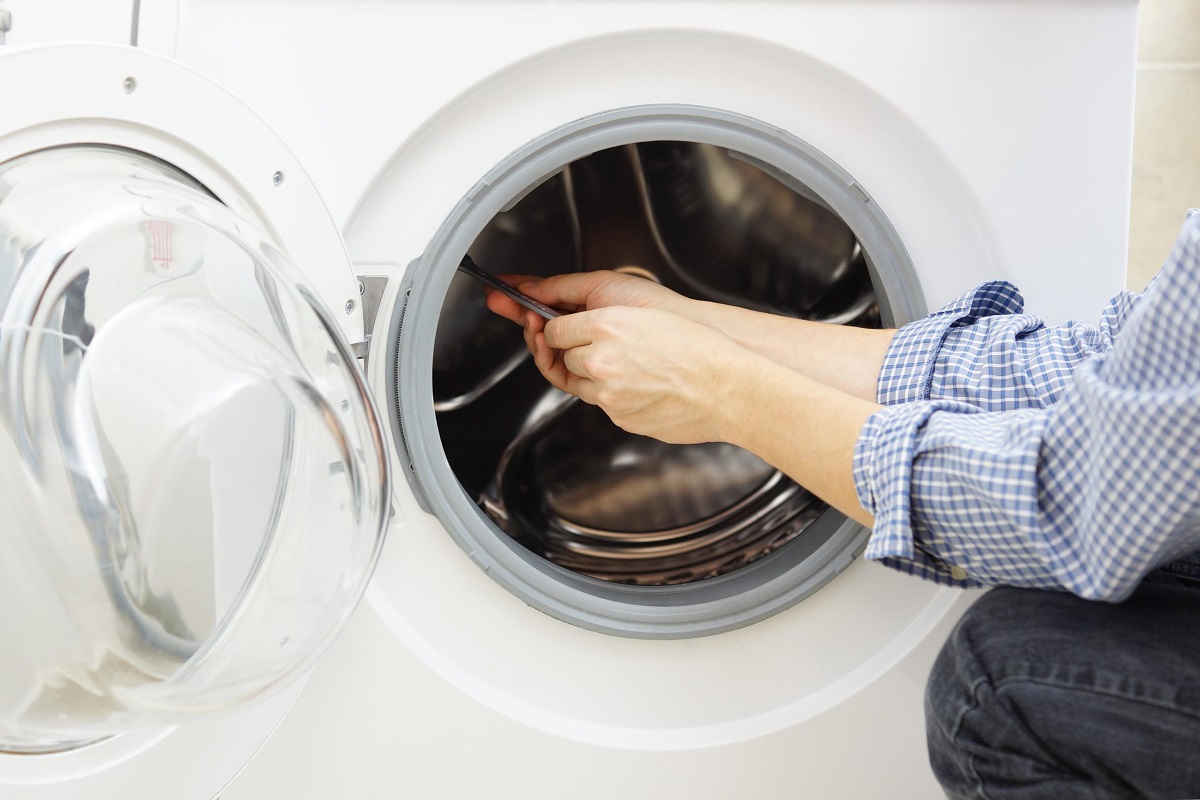
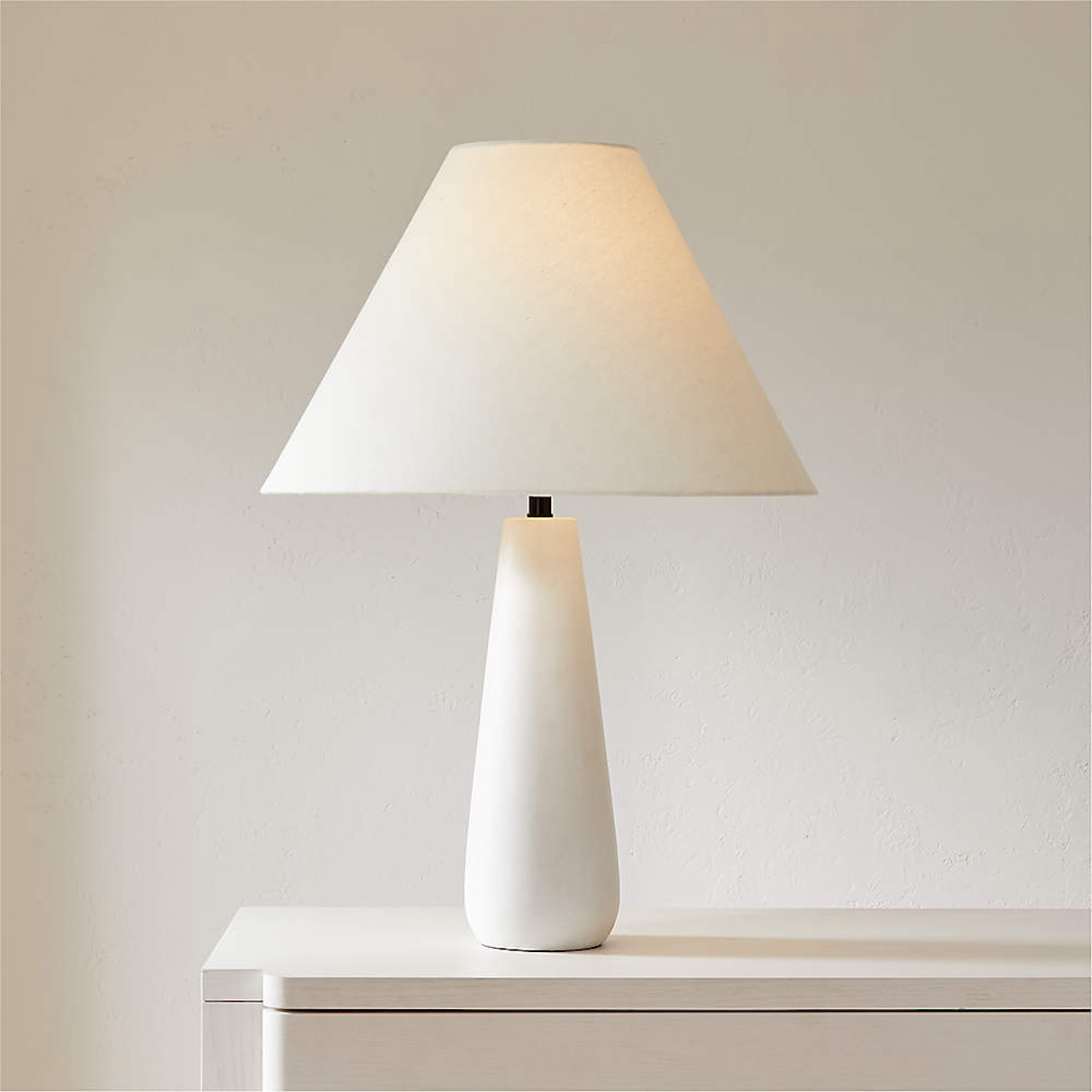
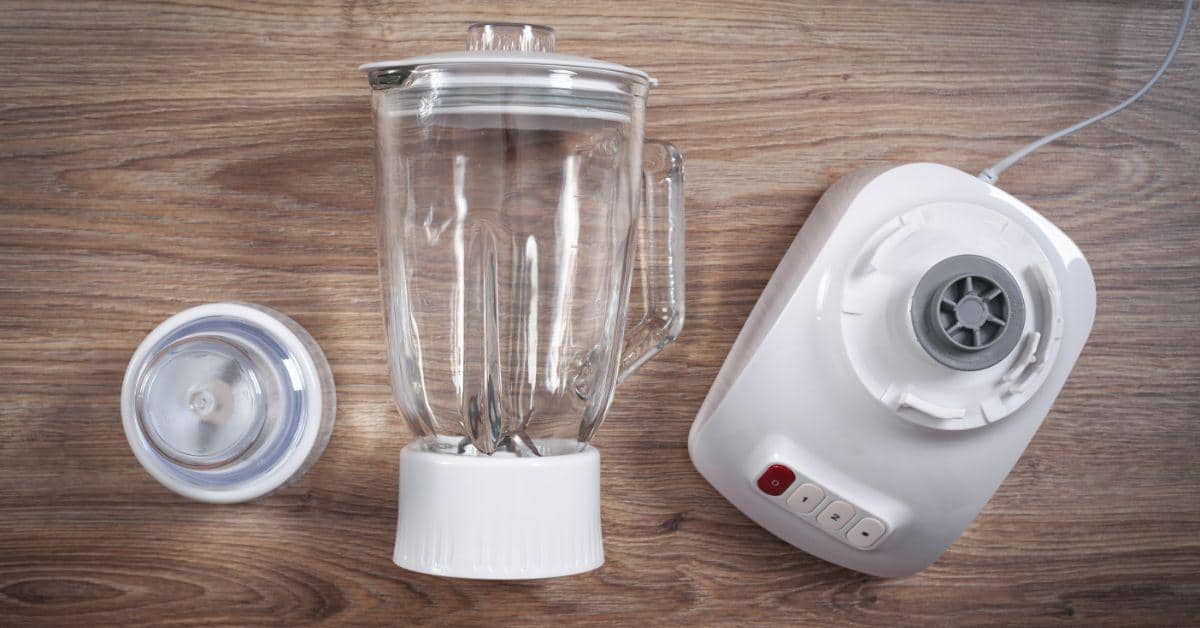
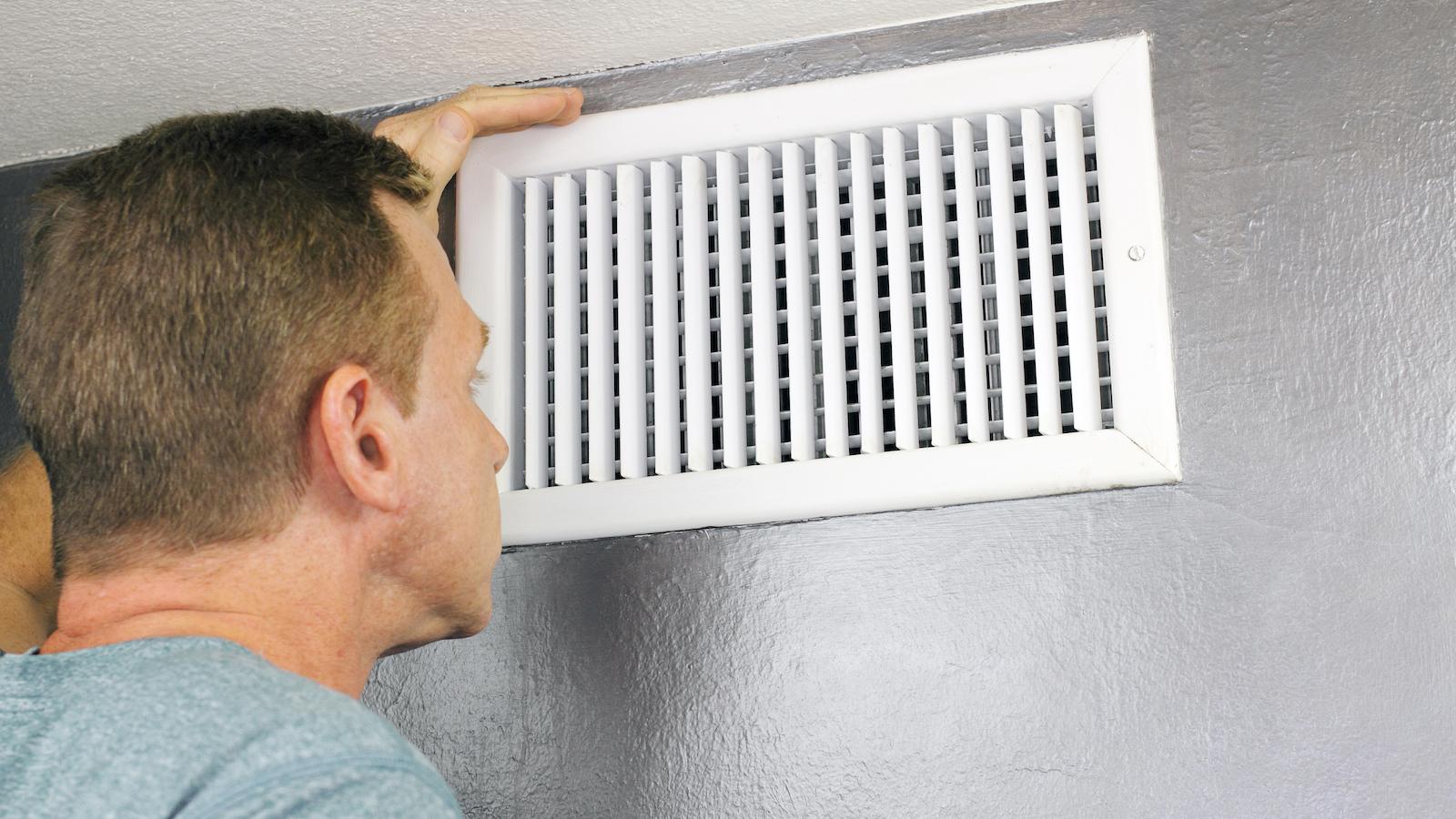


0 thoughts on “Why Does My Plumbing Gurgle”